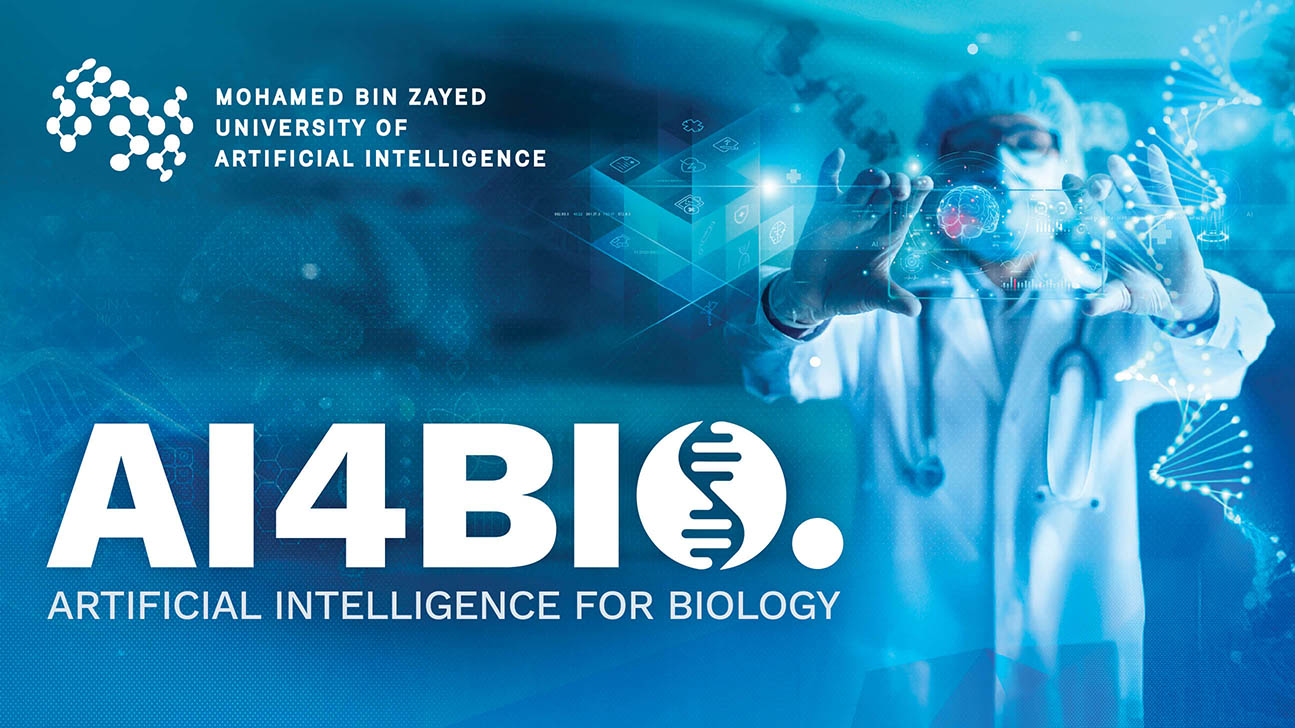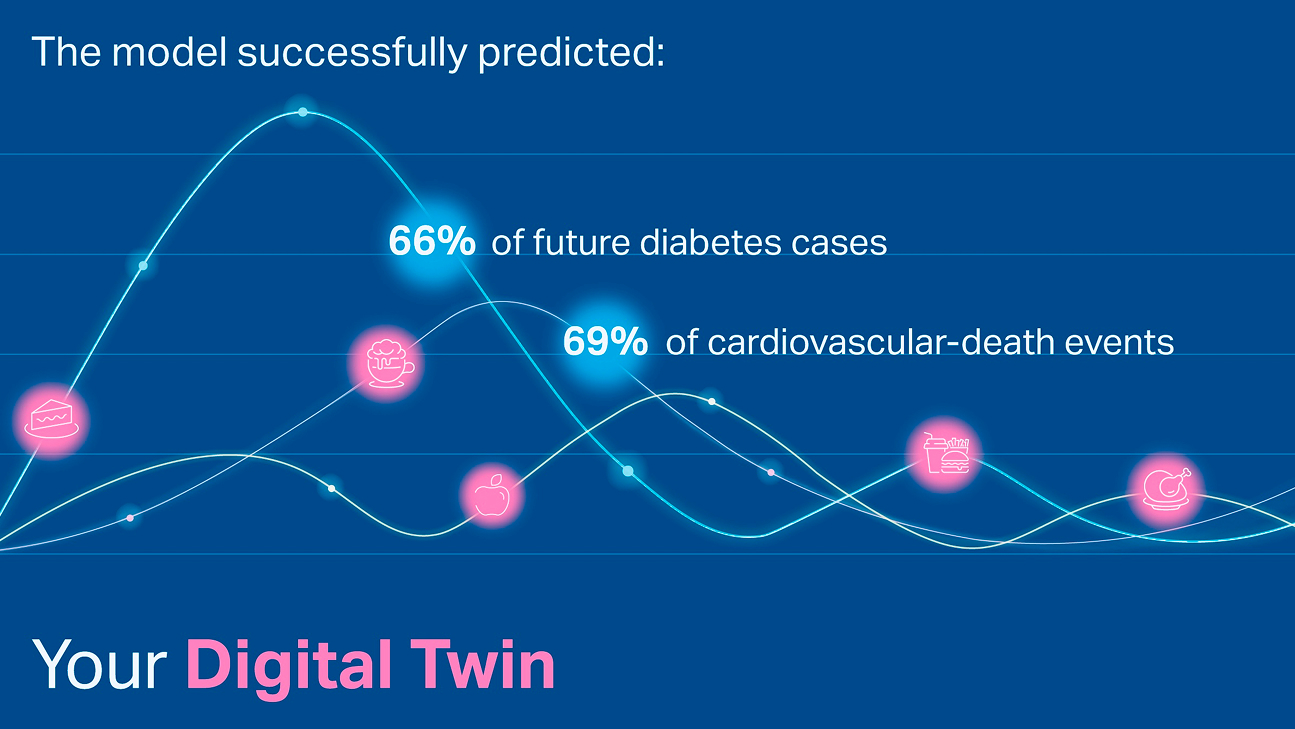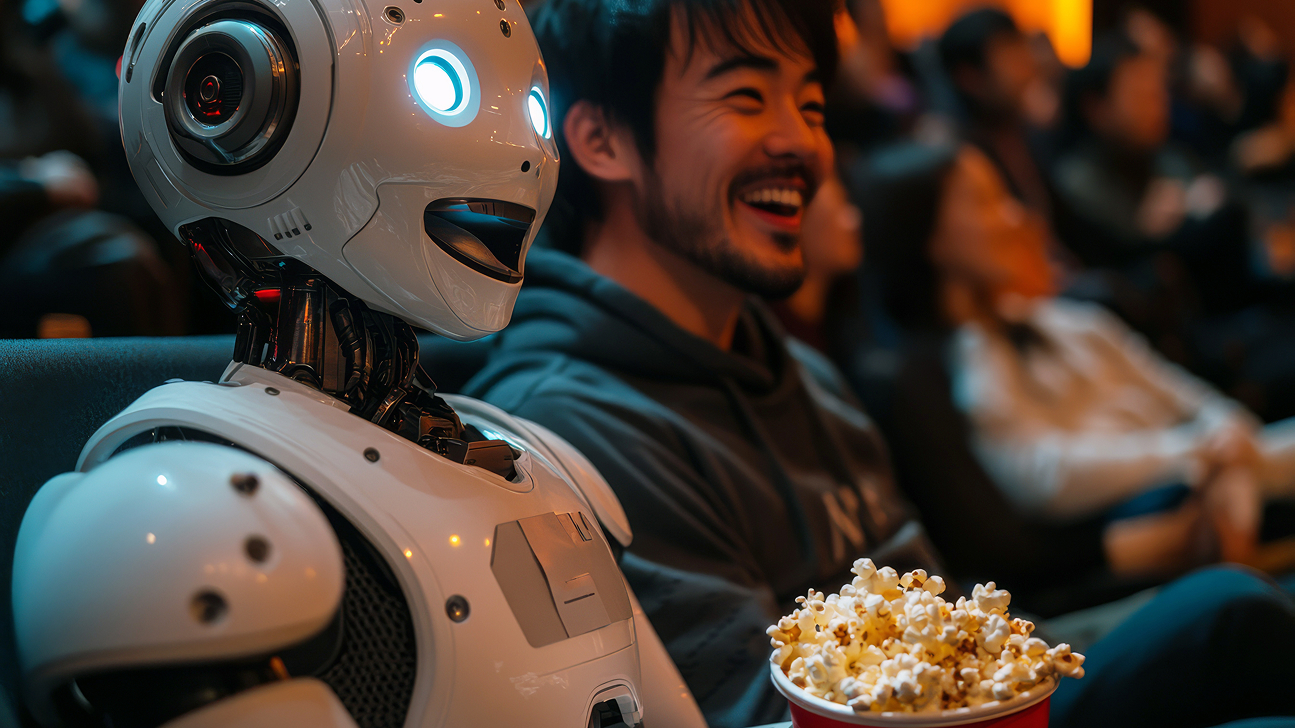How AI is improving our health through biological innovation
Friday, October 11, 2024

For all the headlines celebrating the mechanical and technological advances being made possible through artificial intelligence, it is the very human field of biology where AI might be having the most profound impact.
With massive amounts of data being analyzed at lightning speeds, and various projects dedicated to understanding genomes, phenotypes, biological systems and more, AI is providing greater detail about the human body than ever before. And as a result, how to both control it and treat it.
This was the subject of the recent AI4Bio Workshop at MBZUAI. Organised by the University’s machine learning department, the workshop brought together leading experts to explore the intersection of AI and biology, discussing state-of-the-art methodologies, groundbreaking research findings, and key opportunities.
Understanding human biology
Opening the event, MBZUAI’s President and University Professor, Eric Xing, presented his vision of using AI-driven virtual organisms to simulate, predict and program biological activities at all levels, offering a safer and more affordable alternative to experimenting with the complexity of biology in the physical world.
Xing explained that multimodal and multiscale foundation models have the potential to revolutionize biology, medicine and healthcare by enabling novel designs and interventions that can be tested and refined virtually before being applied in the real world.
His belief was backed up by professor of machine learning at MBZUAI, Le Song, who discussed his foundation models for biological systems that can analyze data at multiple scales, from DNA and protein sequences to molecular interactions and cellular processes. His models can also perform a variety of predictive tasks such as protein design and cellular engineering, pushing the boundaries of biological research and improving predictive accuracy in tasks related to drug discovery and bioengineering.
[wps_youtube url=”https://www.youtube.com/watch?v=EbijK3GQ0Tw” width=”600″ height=”400″ responsive=”yes” autoplay=”no”]
Similarly, Jen Philippe Vert of Owkin presented his team’s efforts to train foundation models for digital pathology and connect visual observations to the underlying genomics.
Another innovative approach was presented by Peter Koo of Cold Spring Harbor Laboratory, who explained that biological discovery could be accelerated by using cellular digital twins: deep neural networks fitted with experimental data that can replicate biological systems and enable virtual experiments and analyses at an unprecedented scale. This then paves the way for more targeted experiments, discoveries and deep learning in genomics.
Continuing the theme of genomics, Brian Hie of Stanford University presented Evo — a long-context genomic foundation model trained on millions of genomes from simple organisms that helps predict how DNA, RNA and proteins function. Evo can also help to design new biological systems more effectively and map out how small changes in DNA might impact entire organisms.
Taking the conversation from genomes to phenotypes, MBZUAI’s Eran Segal explained how AI is making it possible to gather detailed health data from large groups of people, leading to important discoveries about their biologies. Through his Human Phenotype Project, he has studied more than 25,000 participants to identify molecular markers, and developed powerful AI models that can help diagnose and predict the onset of diseases such as obesity, diabetes and heart disease.
Large language models (LLMs) can also play a crucial role in understanding human biology, explained Yu Li from the Chinese University of Hong Kong. He shared the example of an LLM that he and his team had trained on insurance data from 123 million people in the US to get a unified representation of all common complex diseases. This enabled them to predict the genetic factors that influence these diseases, helping to both predict which genes might be involved in causing them and identify specific locations in the genome.
Better diagnosis, drug development and personalised care
Learning more about human biology is one thing, but using these discoveries to improve healthcare is quite another. The workshop also addressed how greater understanding of biology is being combined with AI to enhance diagnosis, speed up drug development, and develop more personalized forms of treatment and healthcare.
Hoifung Poon of Microsoft Health Futures, for example, discussed his research that uses AI to analyse data and create digital twins of patients – allowing for precise experimentation with treatment, specifically in the field of oncology. The goal, he said, is to create a system that constantly learns from new health data such as electronic medical records, images and multinomics to drive further biomedical discoveries.
Drug discovery was a big topic at the workshop, with Carnegie Mellon University’s Ziv Bar-Joseph explaining that biotech and pharmaceutical companies are making large strides in biomedical data analysis and modelling — especially in molecular design and clinical data analysis. IBM Research’s Michal Rosen-Zvi added that AI is transforming drug discovery by applying foundation models that can process information such as protein structures, small molecules, RNA data and genetic mutations. This helps scientists understand the relationship between them, which aids the development of new drugs.
Shirley Liu of Harvard University also spoke on drug discovery, explaining how the integration of AI with genomics is helping to discover new cancer treatments. Her company, GV20 Therapeutics, uses a platform called STEAD that combines big data, AI and genomics to identify new cancer targets and create antibody drugs. STEAD quickly and efficiently analyzes patient tumor data to find potential antibodies, which are then paired with specific cancer targets using AI.
Medical University of Vienna’s Christoph Bock spoke about how cell engineering is also being revolutionized by AI and machine learning for both basic biology and therapeutic purposes, such as cancer treatment. Bock’s research focuses on programming human and mouse cells by understanding their epigenetic states, and he explained that his team has combined high-throughput profiling, deep neural networks, and genome editing at scale to develop methods that enhance CAR T cell performance in cancer treatments.
Similarly, Christoph Feinauer of Stealth Startup presented his deep learning approach aimed at enhancing protein design by generating diverse sequences from a single protein structure. His method allows for the creation of a wide variety of sequences while preserving the original protein’s structure, making it easier to explore different functional properties — an approach that could find more efficient way to understand sequence variability and design functional proteins.
To conclude the workshop, Firas D. Khatib from the University Of Massachusetts Dartmouth spoke about his online game Foldit, which harnesses the brainpower of citizen scientists to solve complex protein folding problems in computational biology.
By allowing players to manipulate protein structures through gameplay, Foldit has led to scientific discoveries that had eluded experts, emphasizing the role AI can play in biological breakthroughs and demonstrating how collaboration between humans and computers can solve biological challenges that neither could tackle alone.
- data ,
- research ,
- healthcare ,
- biomedical ,
- AI ,
- phenotype ,
- llm ,
- foundation models ,
- Predictive healthcare ,
- genomes ,
- biology ,
Related
AI foundation model GluFormer outperforms clinical standards in forecasting diabetes and cardiovascular risk
Nature-published paper with MBZUAI researchers demonstrates how AI can transform glucose data into powerful predictors of long-term.....
- foundation models ,
- health ,
- nature ,
- HPP ,
- diabetes ,
- cardiovascular ,
- digital public health ,
From Silicon Valley to social impact through science and education
Eduardo Beltrame reflects on his journey from Brazilian public education to Silicon Valley and MBZUAI, and why.....
- social impact ,
- digital public health ,
- Undergraduate ,
- biology ,
- computational biology ,
- faculty ,
- entrepreneurship ,
AI and the silver screen: how cinema has imagined intelligent machines
Movies have given audiences countless visions of how artificial intelligence might affect our lives. Here are some.....
- cinema ,
- art ,
- fiction ,
- science fiction ,
- artificial intelligence ,
- AI ,


